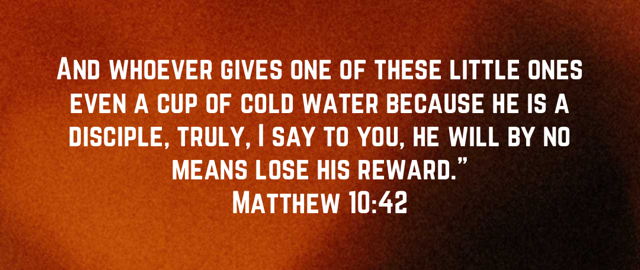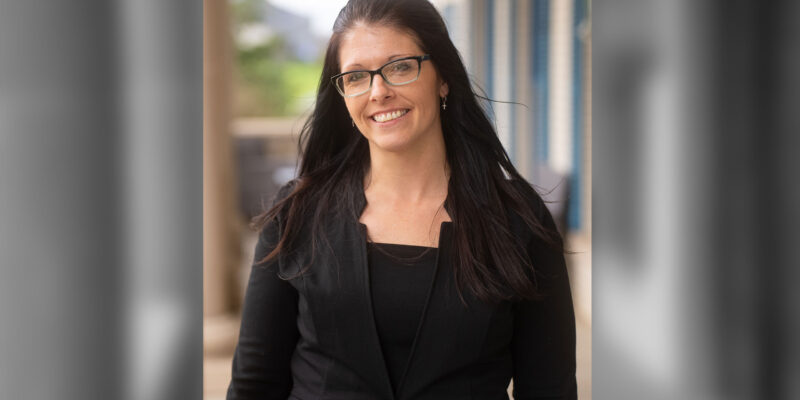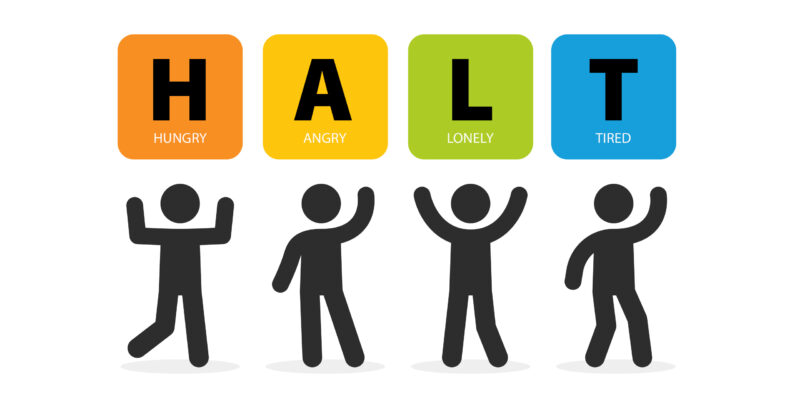Have you ever experienced situations in life that caused you to lose your dignity? Most women entering the Heartland Recovery Program walk through our doors with their heads hanging, weighed down by the circumstances or consequences surrounding them. While these are often the result of their own choices and decisions, Heartland Recovery seeks to be a refuge for healing where they can learn life-changing biblical truths, be trained in discipleship, and be equipped with the practical tools they need to go out and make a difference.
The Power of Simple Gifts
Recently, I had a heartfelt conversation with one of the residents at Heartland women’s home as she was preparing to move forward in her journey. When she first arrived, she had nothing but the clothes on her back. However, because of the generosity of people like you, we were able to give her essential toiletries, new undergarments, and gently used clothing. They are items many of us might take for granted, but to her, they were a symbol of restored dignity and care.
As we spent time together, she shared pieces of her story. Years of wandering, sleeping wherever she could, cycling through shelters, jails, and eventually prison. It was clear she wasn’t used to kindness, let alone receiving something nice without strings attached. When it came time for her to leave, we gave her a new backpack and a tote bag to carry her belongings. She immediately offered to leave them behind so someone else could use them. I assured her they were hers to keep, made possible by generous donations.
She looked at me with wide eyes and asked, “Really?” Then, with emotion in her voice, she said, “I’ll do whatever it takes to be able to take these things with me. Nobody ever gives me anything nice.”
“I’ll do whatever it takes to be able to take these things with me. Nobody ever gives me anything nice.”
Reflecting Christ’s Love Through Action
Moments like this are a powerful reminder of why Heartland Recovery Program exists. Not just to meet physical needs, but to show the deep and unconditional love of Christ to those who may have never experienced it before. Through practical care and genuine compassion, we show each resident that they are valued, seen, and loved.
Would you consider supporting Heartland Recovery Program so we can continue to provide for individuals in need? With your help, we can offer more than just hygiene items, clothing, Bibles, and access to medical care. We can offer hope, dignity, and the love of Jesus in tangible ways.
Your generosity makes moments like this possible. Thank you for helping us be the hands and feet of Christ to those who need it most.

Adrienne Miller
HWRP Director





